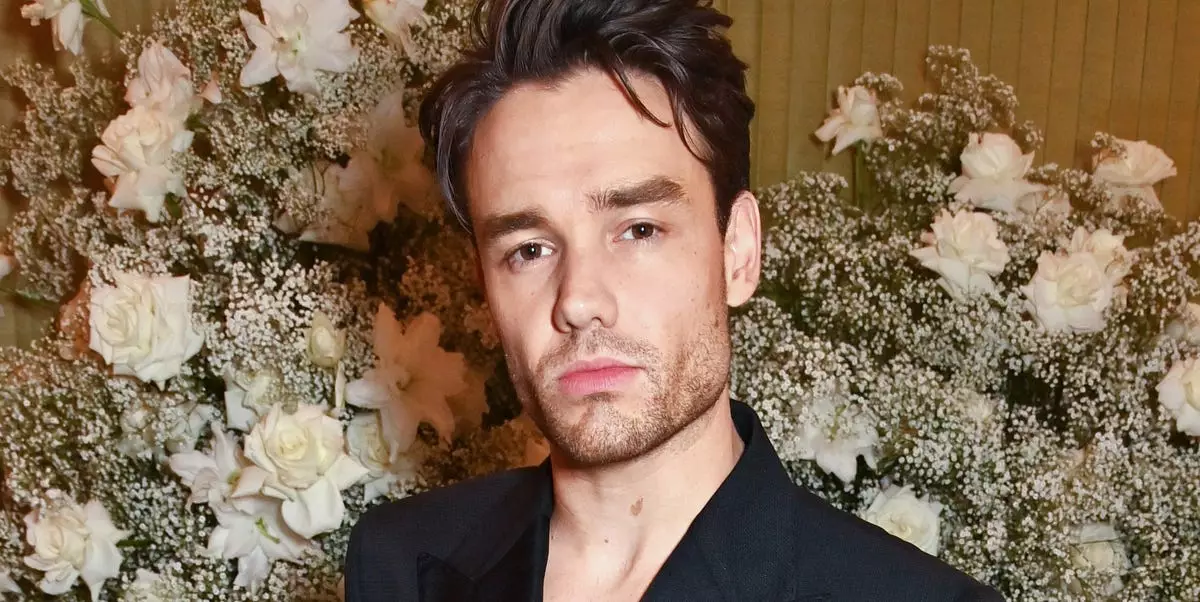In a heart-wrenching turn of events, former One Direction member Liam Payne has reportedly passed away at the tender age of 31, leaving fans and fellow musicians alike in shock. The tragic incident occurred at the CasaSur Palermo Hotel in Buenos Aires, Argentina, where Payne was staying to support his bandmate Niall Horan during a concert. According to police reports, the singer fell from his third-floor hotel room, leaving many questions unanswered and a community in mourning.
Liam Payne’s life was a tumultuous mix of immense success and personal battles. He often opened up about his struggles with mental health and addiction, revealing a courageous journey that led him to seek rehabilitation last year. In a profoundly candid YouTube video, he shared that he had completed a 100-day sobriety treatment program in Louisiana, a brave move that he hope would help him reclaim his life and identity. “I kind of became somebody who I didn’t recognize,” he admitted, emphasizing the isolating effects of his challenges.
Payne’s honesty about his experiences resonated with many fans who appreciated his vulnerability. The reality of addiction doesn’t just affect the individual; it creates ripples across loved ones and fans alike, a phenomenon not lost on the star. His admission that returning to the outside world, coupled with the fear of reconnecting with society after intensive rehab, touched upon a theme that many face in their own lives—battle, recovery, and the hard road back to normalcy.
Despite the challenges he faced, Payne endeavored to maintain a positive outlook on life. Upon leaving rehab, he expressed relief and gratitude at being able to rejoin the world. “I’m very lucky,” he stated, reflecting on the newfound perspective that comes after facing such adversity. His music career, rooted in the frenzy of the One Direction phenomenon, provided an outlet for his creativity and a connection with fans who admired his talent and authenticity.
Painfully ironic, this incident stirs up conversations on the pressures faced by artists within the entertainment industry. It raises awareness about the dire need for supportive structures around celebrities who often feel compelled to present an unflawed facade to the world.
As the news of Liam Payne’s death spreads, it serves as both a tragic reminder of life’s unpredictability and the importance of addressing mental health issues, particularly in high-pressure environments. His legacy—a mixture of music, honesty, and the ongoing fight against addiction—will undoubtedly live on. While the circumstances surrounding his death remain unclear, the impact of his life and struggles will continue to resonate with fans and individuals fighting their own battles. In moments like this, it becomes clearer that no one is inseparable from personal conflict, and it prompts society to deepen its understanding and support for mental health issues.

